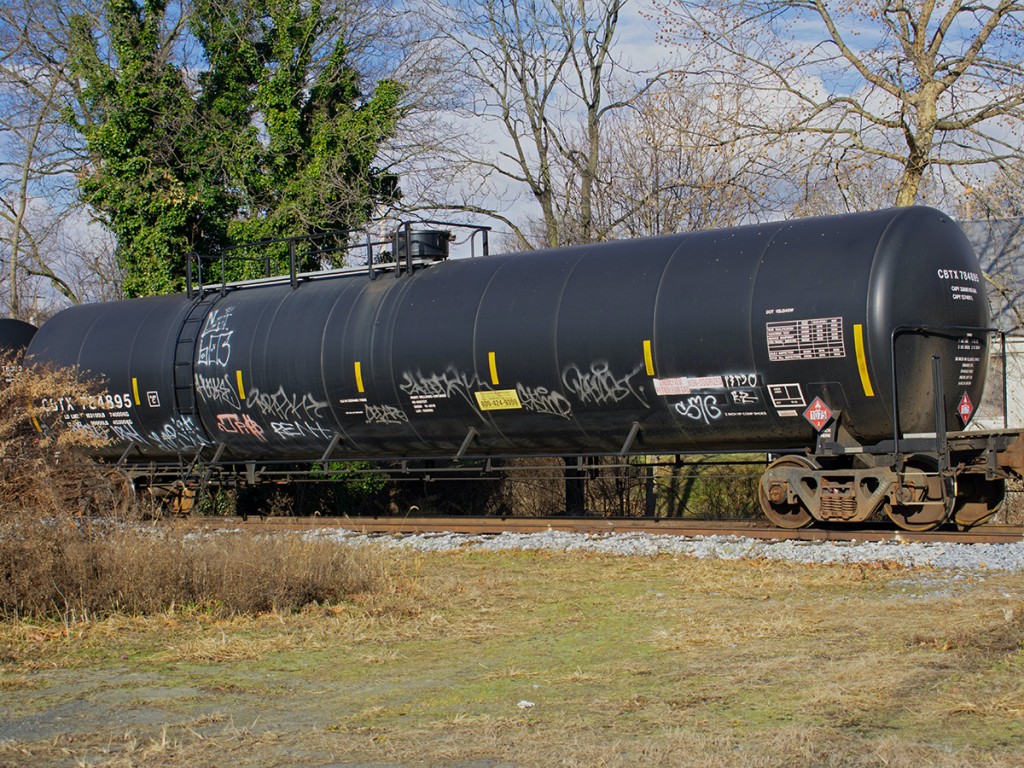The transportation industry uses a lot of diesel. If you use diesel within your company or are thinking of doing so, it is important to know everything there is to know about the link between diesel and the transportation industry. This guide can give you a quick summary.

Are Diesel Engines Common?
However, this might not stay the same in the future, especially as people look to develop renewable energy sources. This is because diesel is not always environmentally friendly and is a finite resource, meaning that companies cannot continue to use diesel engines forever. For instance, companies might turn more to biodiesel or electric engines, which have a reduced impact on the environment as a whole.
Why are Diesel Engines so Common?
Diesel engines and vehicles are so common because of their power, especially if you want to transport heavy loads over a long distance. They can ensure that your drivers have no issues in transporting the goods they need to. Diesel engines also generally have improved fuel economy, meaning that you will be able to go further before refueling. Not only this, but they are more reliable, meaning that you will be able to meet deadlines easily and that your employees will not get stuck on long trips because of maintenance issues with their vehicles. This means that their maintenance costs are often lower, which can save businesses money and ensure that their bank accounts are not completely drained by having to upkeep the vehicles in their fleet.
What Should You Do if Your Business Uses Diesel Engines?
If your business uses diesel engines, you might be eligible to apply for diesel emission claims. You can do this for your company as a whole and claim for an entire fleet of vehicles if need be. This is the case if you bought a diesel engine between 2007 and 2020 due to misleading fuel emission and air pollution tests. This will allow you to get compensation for your diesel vehicles if they have produced a dangerous level of pollutants while you have been driving them. You may then be able to use this money to offset fuel costs and even buy new vehicles to get newer and improved diesel models. You should head to Diesel Emission Claims to see whether you can get compensation or not.
You might also want to look for specialist companies that provide diesel parts that you can use to update and maintain your vehicles. For instance, you might look for companies that provide electrical parts, fuel injections, or hydraulic hoses which can replace any faulty equipment on your fleet. You might also look for a mechanic that specializes in diesel engines for commercial industries, as they may be able to fix your vehicle’s problems to a higher standard than other mechanics.







